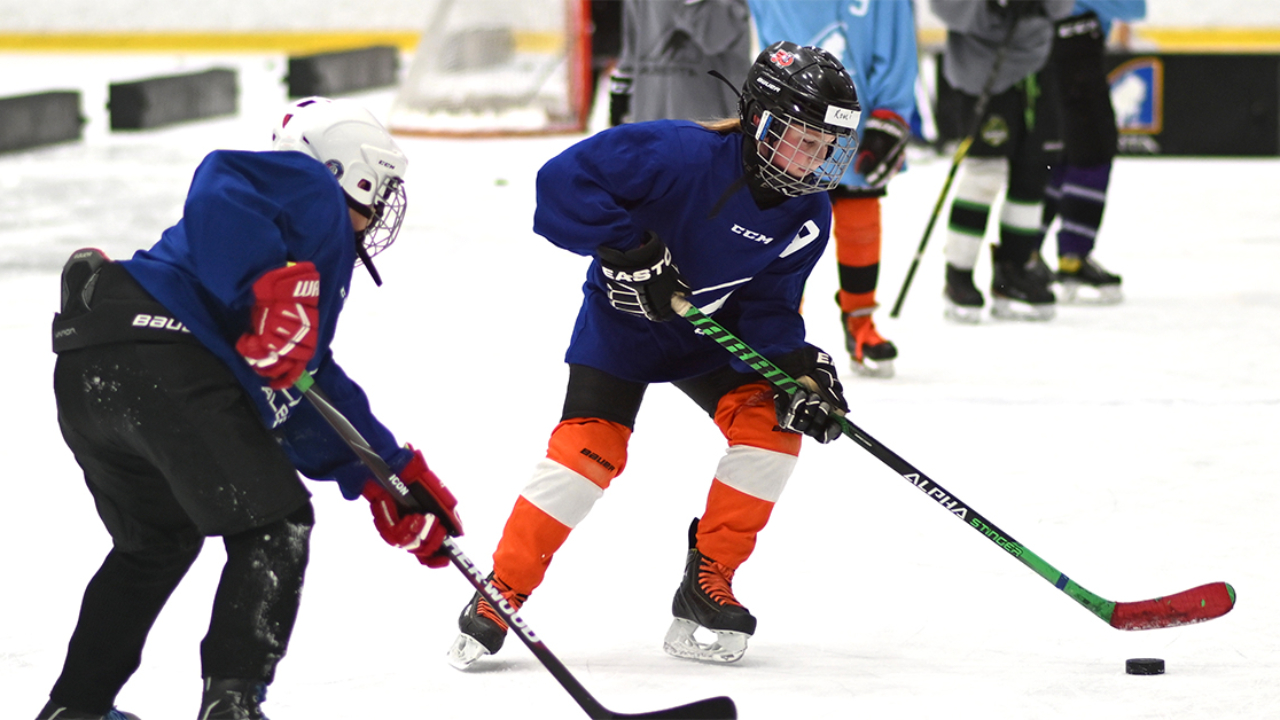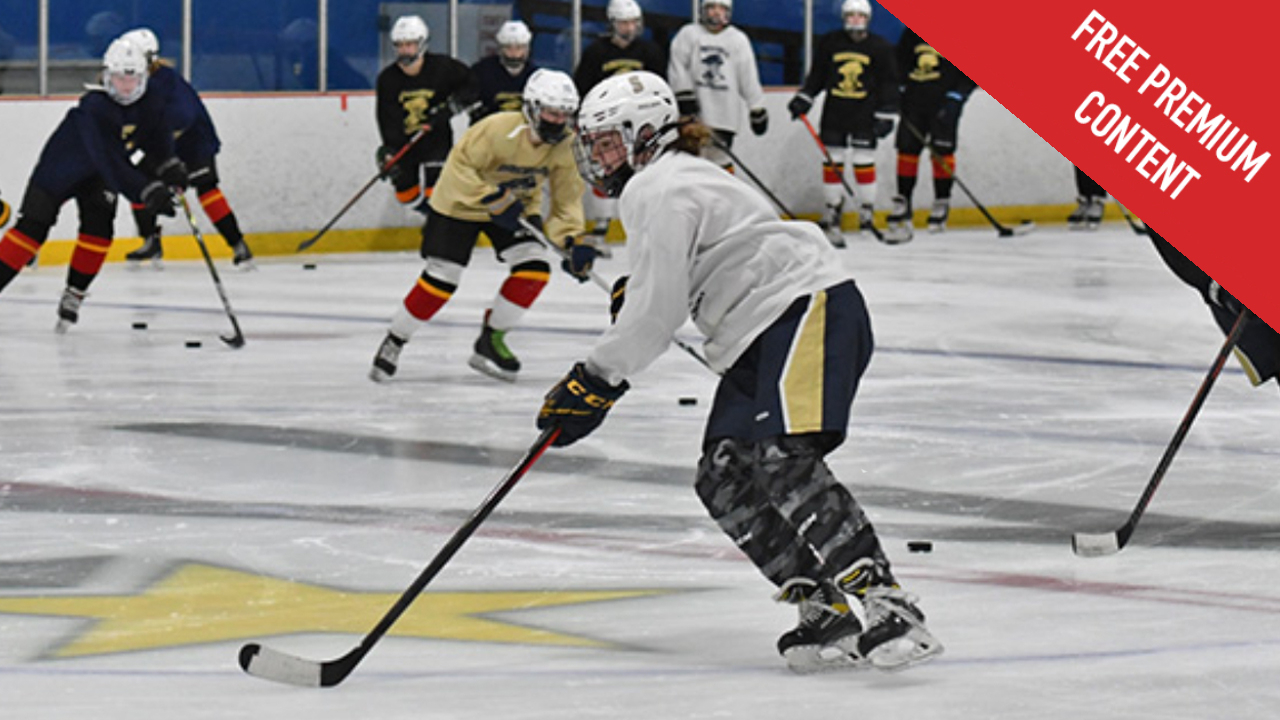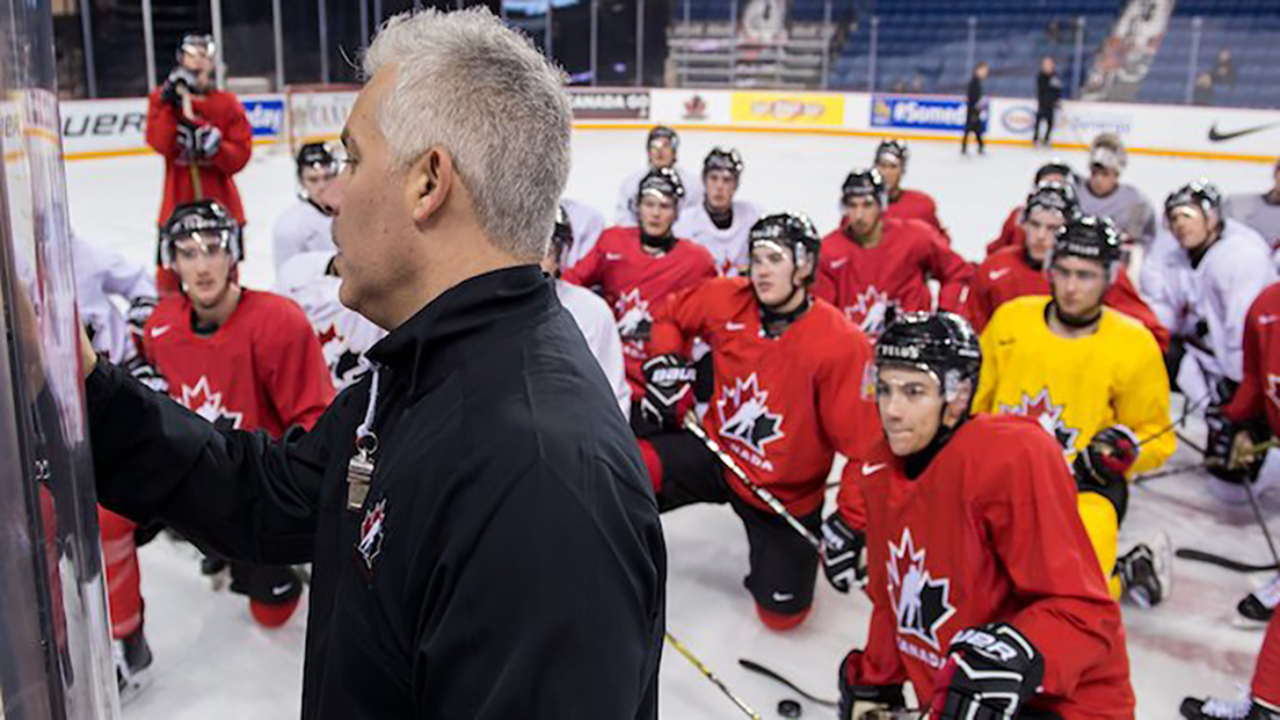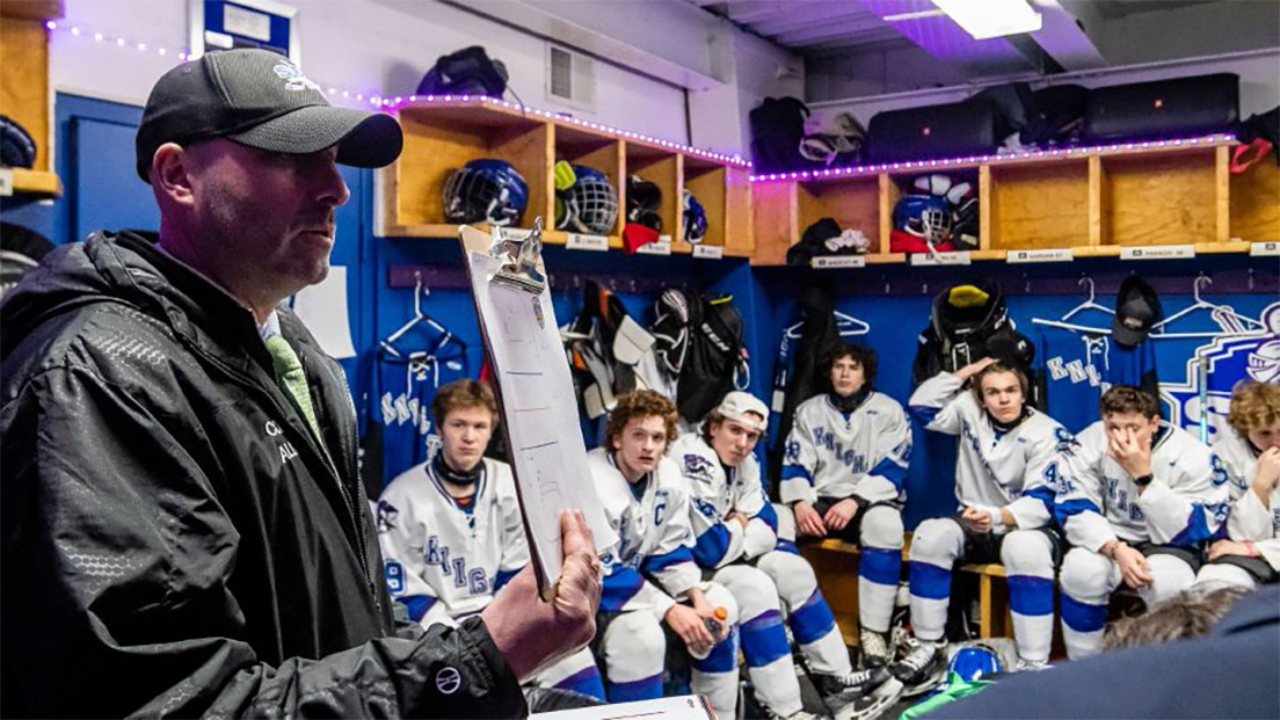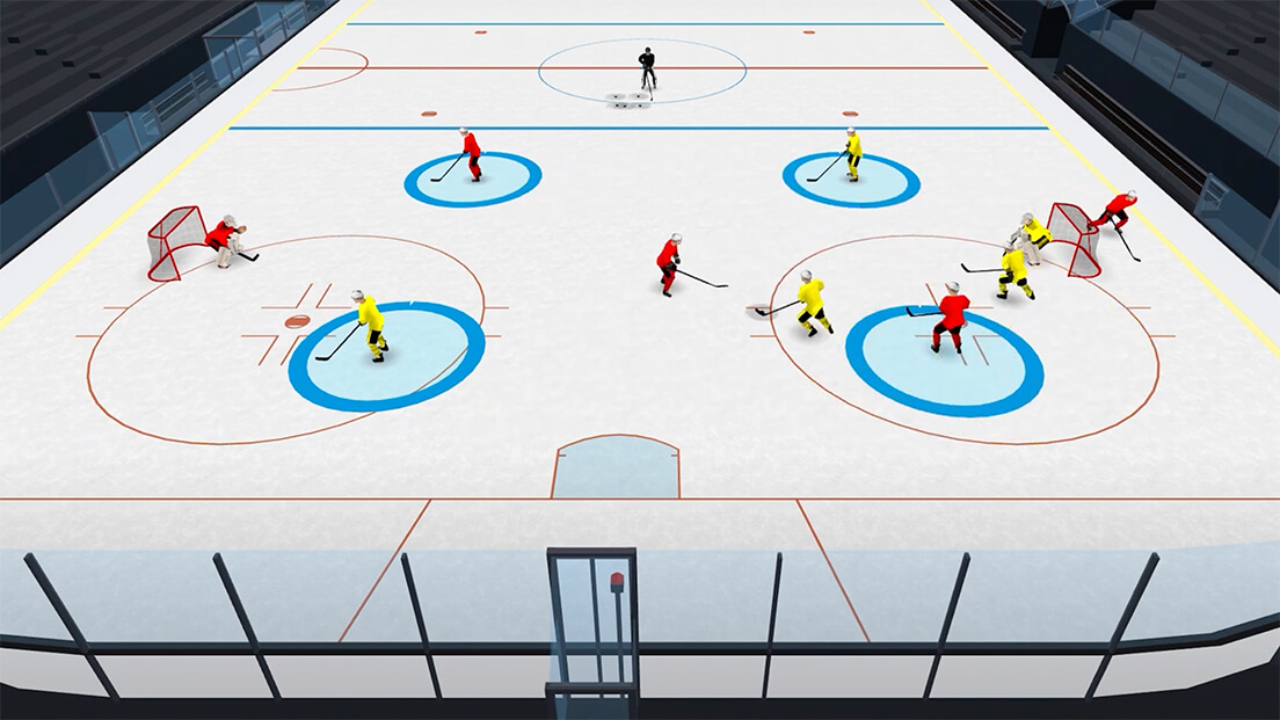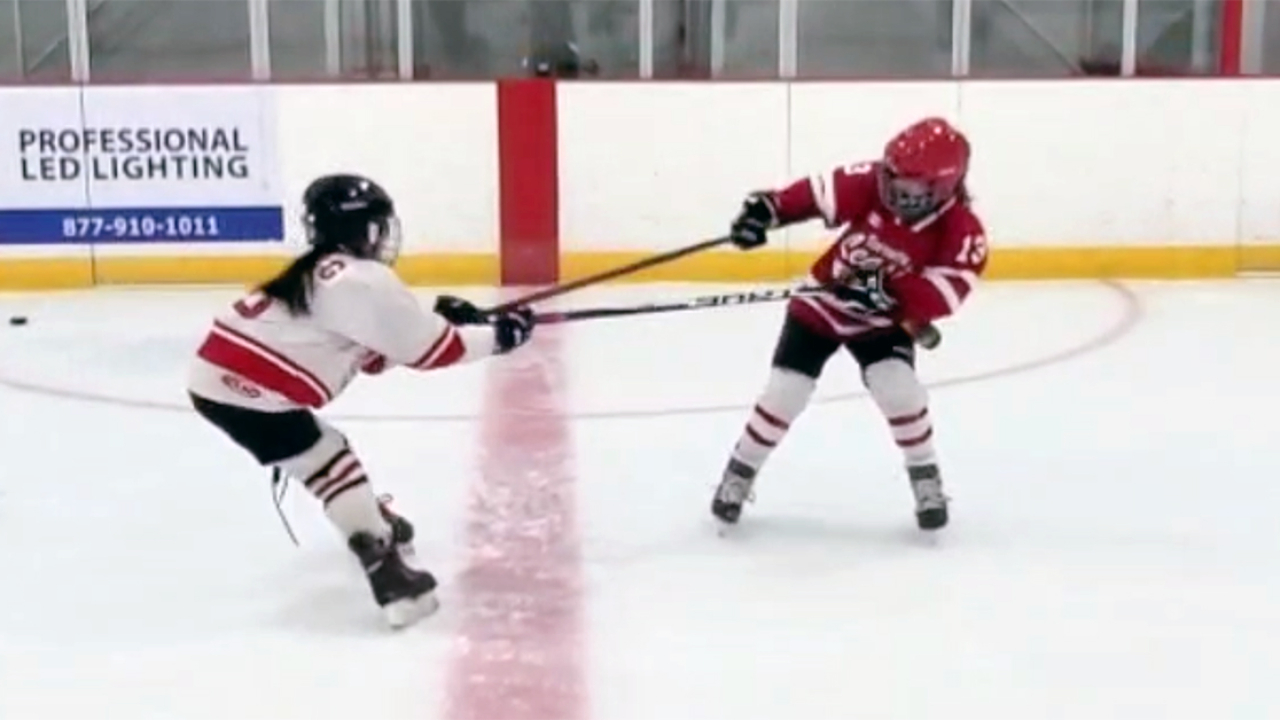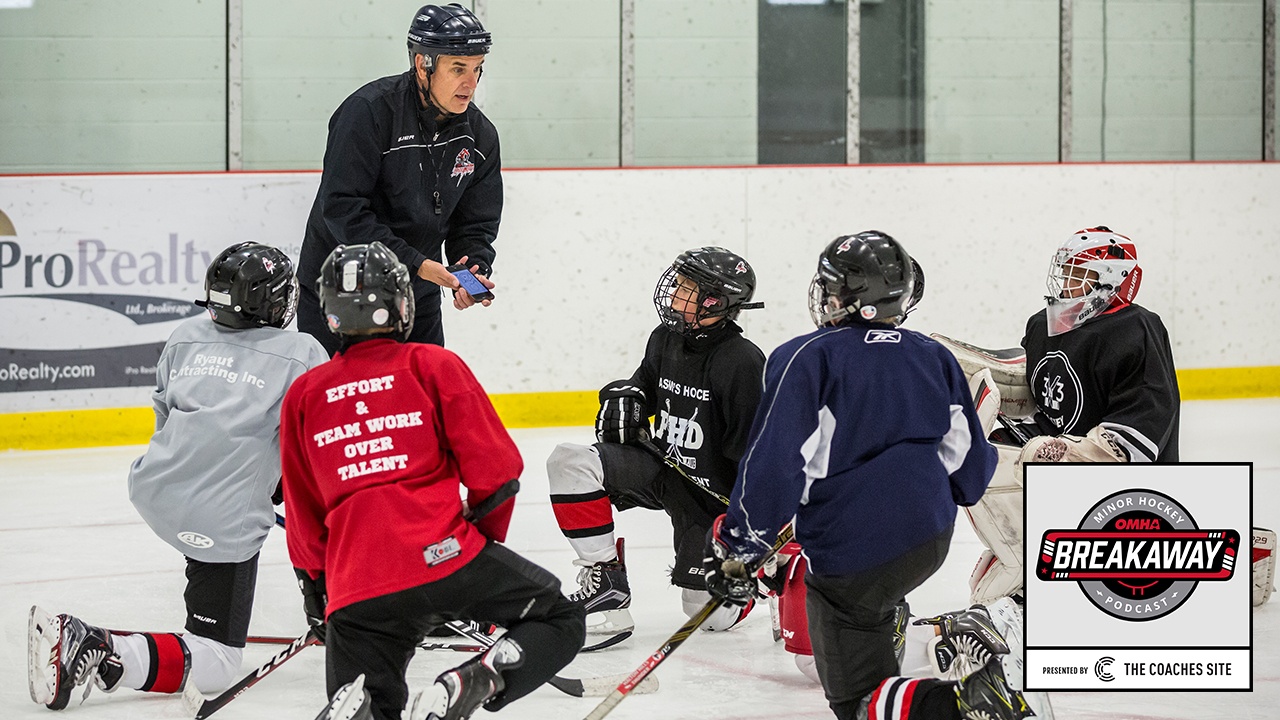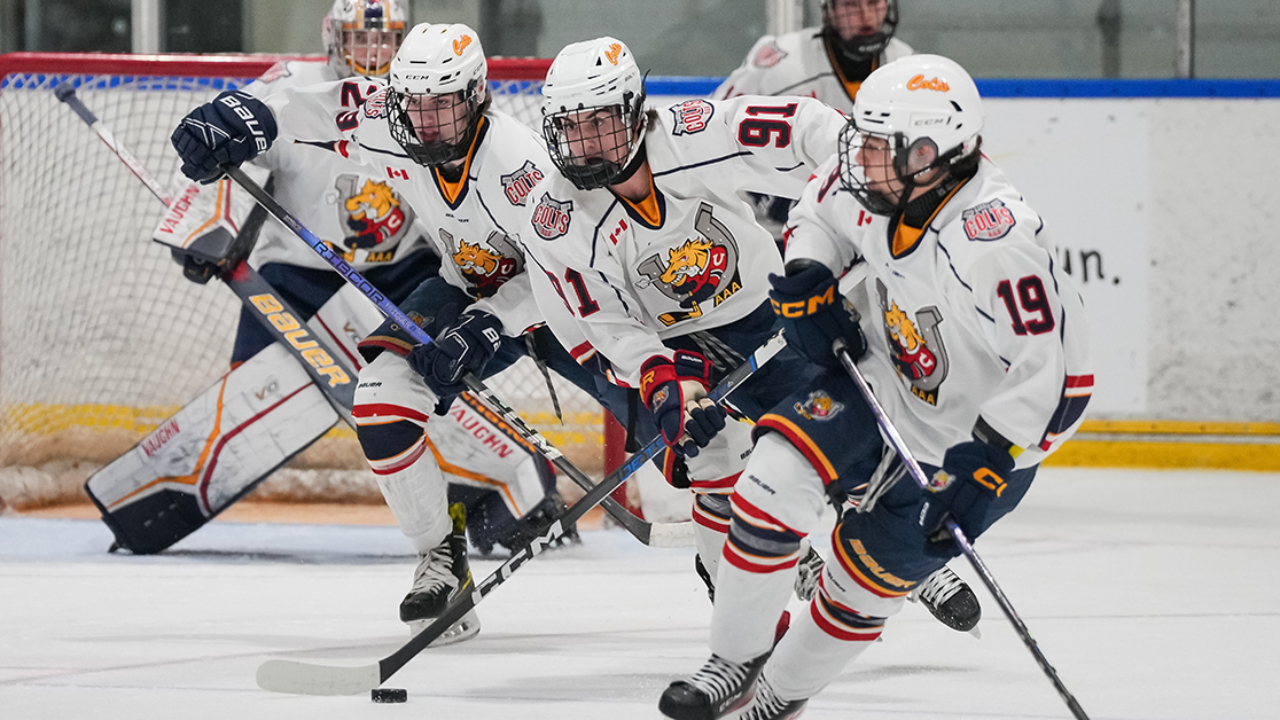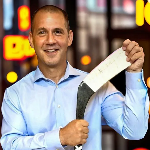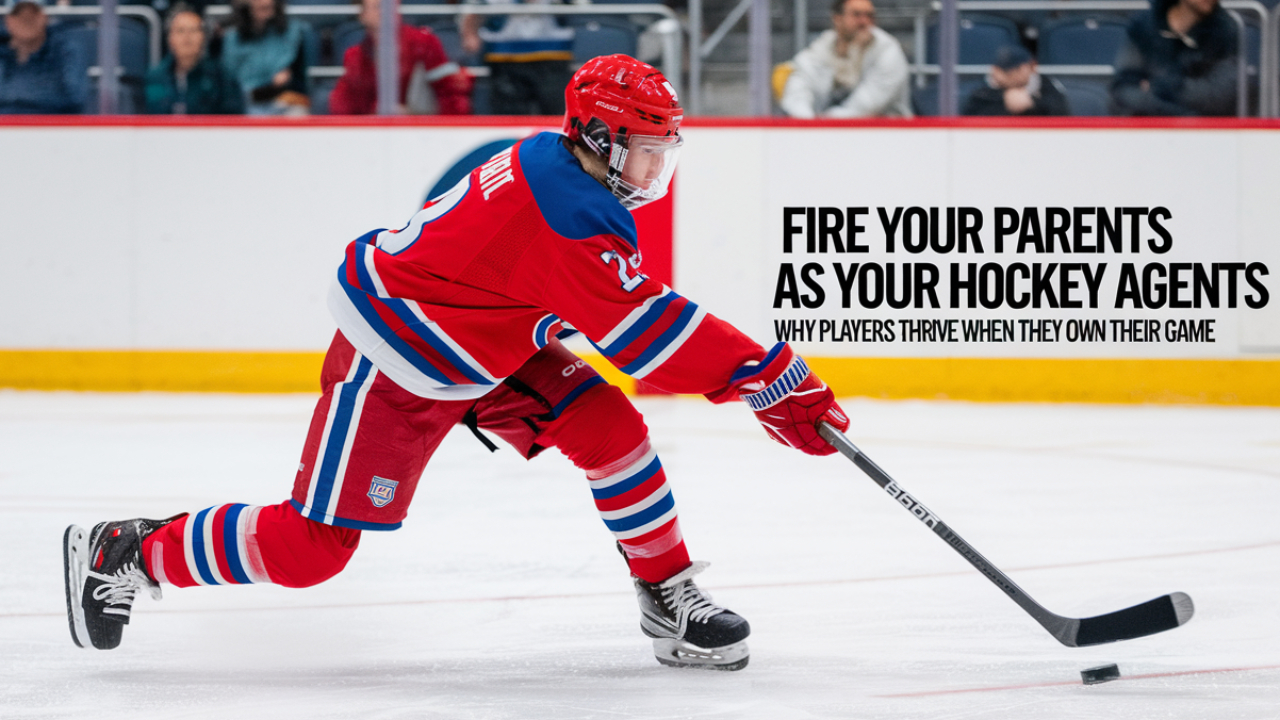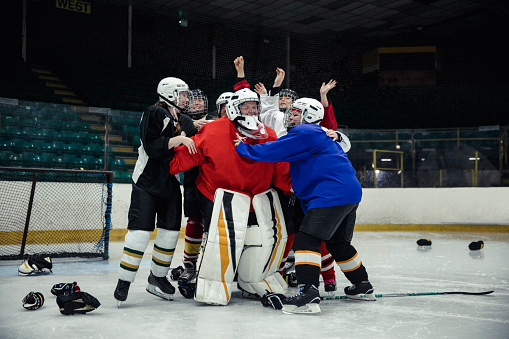
Every year as coaches we have the honor and privilege of working with the players that show up to the rink. Everyone has a mix of emotions when the season starts. You have excitement, anxiety, thrill, sadness, and everything else in between. That's not just the players feeling that. We as coaches feel that too. There are decisions that need to be made, practices to be created, systems to be adapted, and a myriad of other administrative tasks necessary for a successful season.
It's easy to see how the weight of everything creates tremendous pressure for everyone to perform. We often have this feeling that we must deliver this season, and it must be an amazing season. As we're staring down a months long season, you can't possibly anticipate how the season will turn out, but you're still expected to create this memorable and great experience. How do we do that?
I think that starts with having faith in your players. What do I mean by that? There are many potential answers to the question, but the top one is that the players want to be here and want to have fun. From those 2 assumptions, I think it branches out further.
We as coaches come to the rink to teach players the game of hockey as well as life lessons. As a teacher, I need to have faith in the players that they are learning and that they want to learn. I feel like by having this faith in them, I'm able to view them as people and give them the respect that they deserve. It also allows me to show that I care about them as people, and I'm demonstarting for them how we should treat others around us. I think that if you place your faith in the players, they in turn will put their faith in you. This makes your (for lack of a better word) job easier.
How do you demonstrate this? When you are facing challenges.
One exmaple, you go through the effort needed to generate a drill that's going to teach a concept. It's challenging with multiple progressions that allow you to build on it over the weeks or the season. You get onto the ice, you draw up the drill, and you start running it. It doesn't go how you want it to at all. They're struggling with part of the drill. Maybe they're not making the necessary passes, they're not paying attention, or they just don't have the current skill to fully understand it.
You're left with a few options:
- Scrap the drill and do something different
- Inject coaches into the drill
- Keep doing what you're doing
- Slow down or alter the drill
I tend to lean towards #4 and #3. I could do a better job of using #4 more than I do.
As coaches, we are always under the pressure to perform. "How am I going to deliver on this amazing season when I can't get them doing this one drill correctly?" Maybe there are parents in the stands, or you're feeling judgement from elsewhere. Ask yourself this question instead, "Do I have faith in my players that with a little more struggle and learning that we can get this?" After all, as coaches, we are there for the players. Yeah, all too often parents make it about them or their kid specifically, but it's still more about the team experience as a whole.
Consider some of the consequences of scrapping the drill or injecting coaches into the drill after you've introduced it. How are your players going to feel? Might be something like, "Well my coaches think I can't do it so I don't think I can either. It's just not worth it."
Consider some of the consequences of slowing things down or altering the drill. How might your players feel? "Coach finds this to be important. It's hard, but I'm going to keep trying. I can get this." We can use those opportunities to build confidence and support our players and have players support each other. We can also use those moments as opportunities to overcome struggles. Through the struggles players will grow into better people and players.
My Challenge to Folks Reading This
When you're feeling that pressure to perform as a coach, and you want to have a knee-jerk reaction, take a breath and ask yourself, "Do I have faith in these players?" Most likely, you do. You must do what you feel is right by them. Those other things we are feeling are most likely our own fears of being judged and maybe even some of our own bad past experiences. We would do well not to perpetuate those experiences.
One last thought exercise. Flip this entire article on its head and consider this question: "What happens if I don't put faith in my players?"
Additional Resources to Help
- Creating the Power of One - Glass and Out Podcast
- Developing Skill the Right Way - Glass and Out Podcast
- Creating Offence Using Handoffs and Exchanges - TCS Video
- Scott does an amazing job demonstrating the power of slowing down a drill

